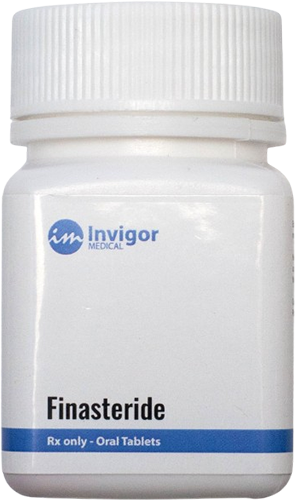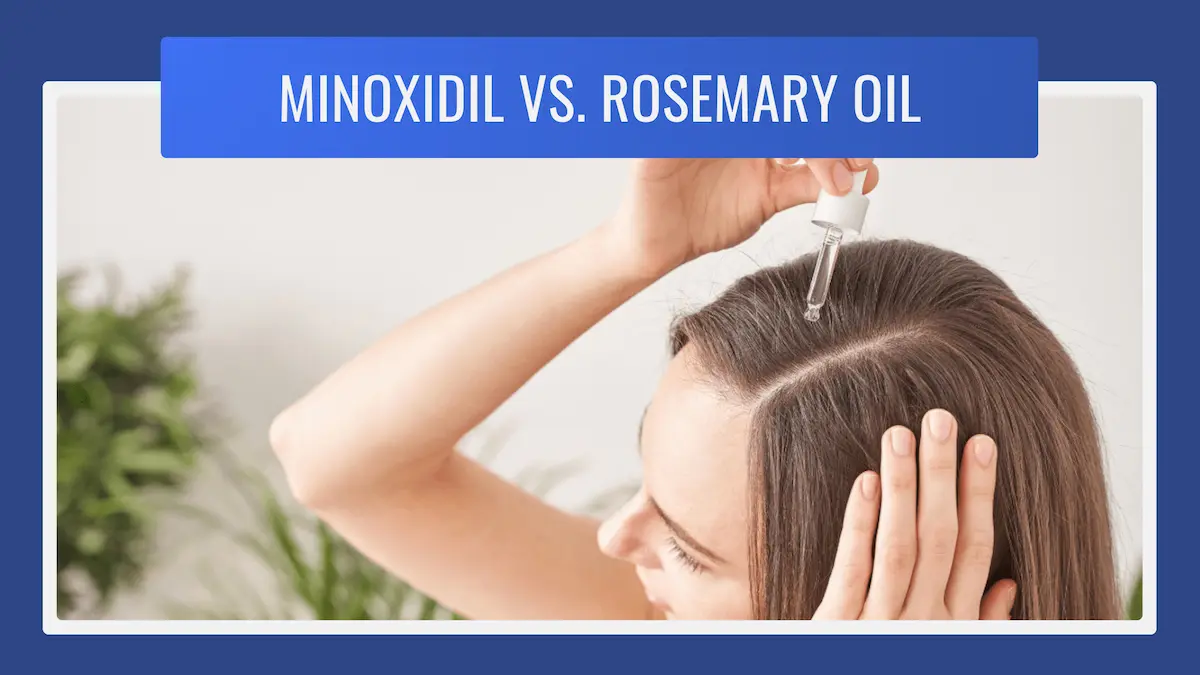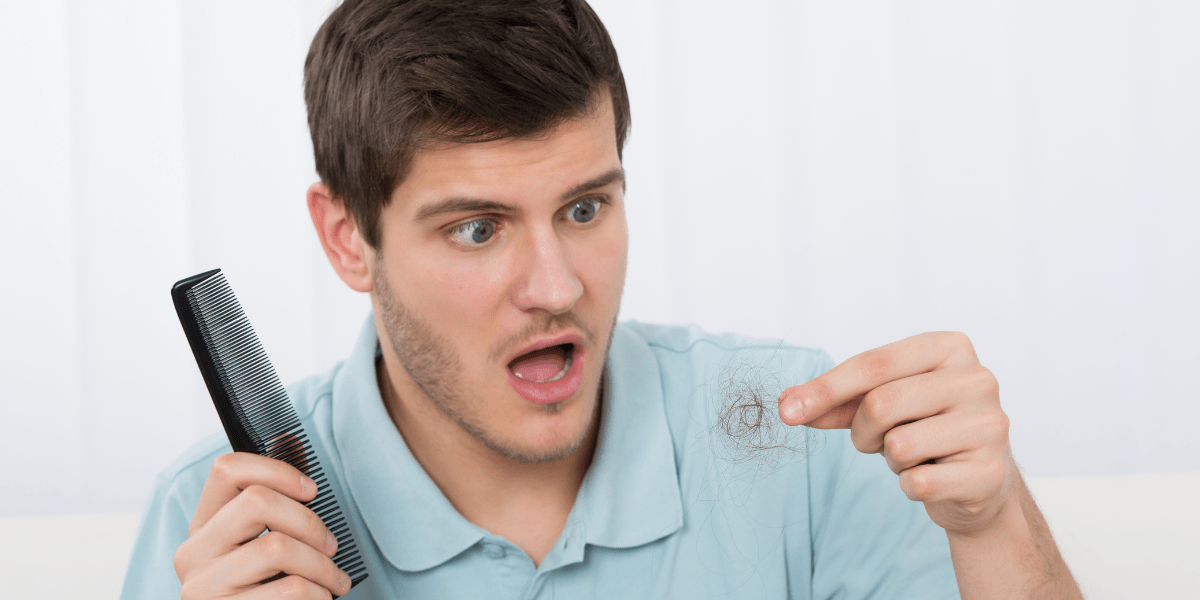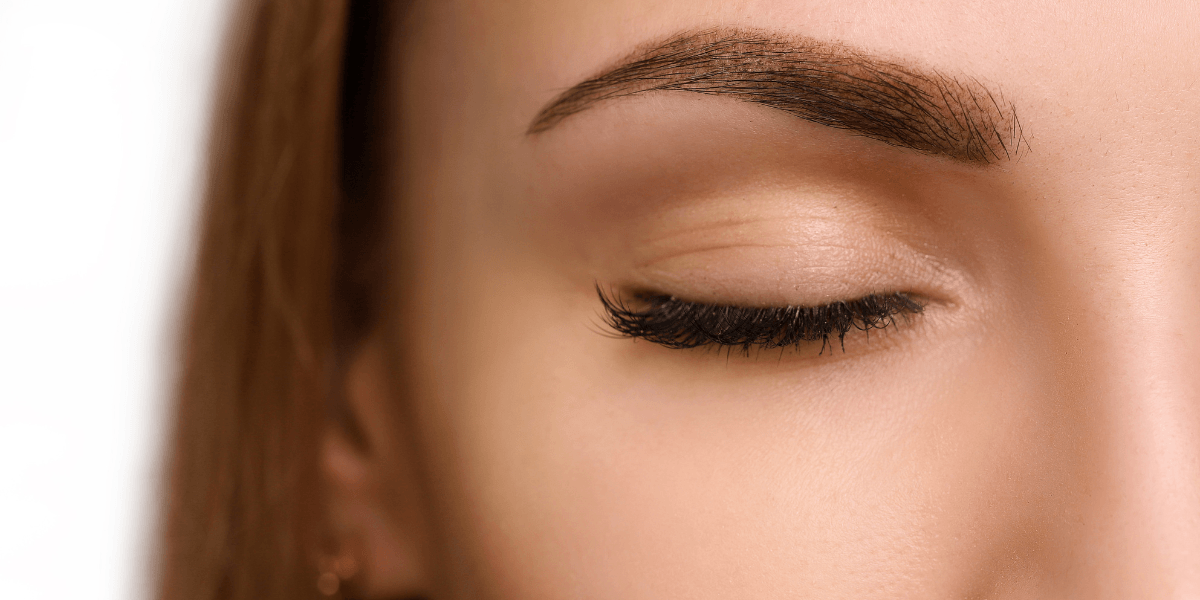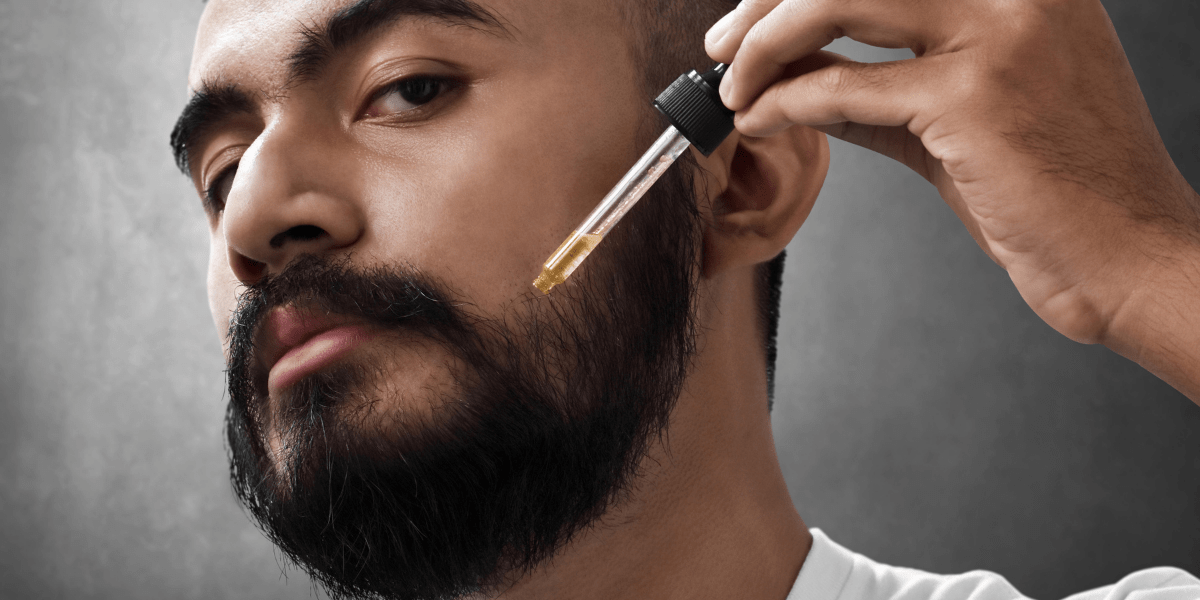Minoxidil increases blood flow to the scalp to help stimulate hair growth and regrowth.1 Minoxidil shortens telogen, the resting phase of the hair growth cycle, causing hair follicles to spend more time in anagen, their active growth phase. It also increases individual hair follicle size.2 Together, this stimulates hair growth, though it takes several weeks to months to notice an effect.
Minoxidil works best for people who have recently started losing their hair. Like most medications, minoxidil comes with side effects. One of the most common and irritating can be referred to as minoxidil itchy scalp.
Table of Contents
How Does Minoxidil Work?
Androgenetic alopecia is the most common cause of hair loss in men and women. Men with male-pattern hair loss and women with female-pattern hair loss have increased sensitivity to androgens. This leads to shorter hair follicle growth phases and miniaturized hair follicles. Androgen sensitivity and hair loss tend to increase with age, leading many people to consider hair loss treatment options as part of their age-management plan.
Minoxidil is a vasodilator, which means it widens blood vessels and increases blood flow to the scalp. This improves the delivery of nutrients and oxygen to hair follicles. Minoxidil extends the hair follicle’s growth phase and increases the size of individual follicles, reversing the effect of androgen sensitivity.
Hair grows at a rate of one-half to one inch per month, so it can take two to four months for minoxidil to work. Many people notice increased hair loss before they experience any hair regrowth. If you don’t see signs of regrowth after using minoxidil for four months, contact your doctor to see if other treatment options may work better for you.

Why Can You Get Minoxidil Itchy Scalp?
Minoxidil can cause scalp itching. Some potential explanations include:
- Ingredient sensitivity: Depending on the formulation, minoxidil may contain alcohol and propylene glycol. These chemicals can cause dryness, irritation, and itchiness in people who are sensitive to them.
- Increased blood flow: Minoxidil increases blood flow to the scalp. This can make your scalp more sensitive and contribute to the sensation of itchiness.
- Drying effect: Minoxidil contains alcohol, which has a drying effect. This can cause itching and flaking.
- Skin irritation: If you have skin sensitivity, irritation, or rashes, you may be more sensitive to minoxidil.
How To Manage Minoxidil Itchy Scalp
Minoxidil itch can vary in severity. If you have rashes, pustules, hives, or other skin changes that suggest an allergic reaction to minoxidil, stop using the product and contact your healthcare provider for advice. On the other hand, if your itchiness is minor and you think it is due to increased blood flow to the scalp or dryness, try some of the following options to manage scalp itchiness with minoxidil while continuing to treat your hair loss.
Try a Lower Dosage
Propylene glycol is a stabilizer that prevents freezing and absorbs water. Propylene glycol is found in the 2% and 5% minoxidil solutions. The amount of propylene glycol included is proportional to the minoxidil concentration.
Try switching from the 5% solution to the 2% solution or the 5% foam. The 2% solution will contain less propylene glycol than the 5% solution. It may be an option if you prefer the solution formulation over the foam. Otherwise, the propylene glycol-free 5% foam option may be a better choice.
If you choose to switch from the 5% solution to the 2% solution, monitor your hair growth carefully in the weeks after the switch. You may notice decreased effectiveness when using the lower-strength product.
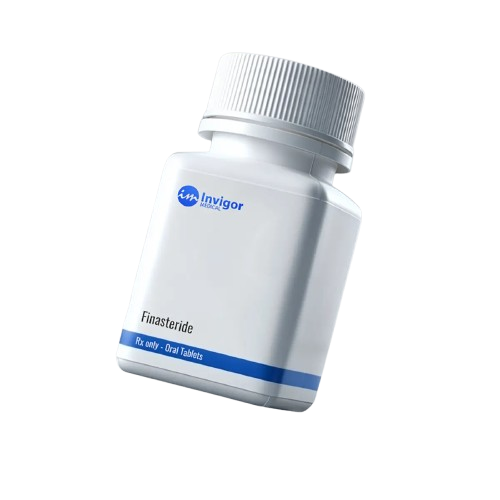
Start Using Medicated Shampoo
Medicated shampoos contain ketoconazole, zinc pyrithione, or selenium sulphide.
Medicated shampoos can decrease scalp itchiness in the following ways:
- Antifungal agents: ketoconazole, zinc pyrithone, and selenium sulphide are antifungal agents that reduce the fungal population on your scalp. Since fungi can contribute to dandruff and scalp itchiness, reducing them can relieve itching and flaking.
- Exfoliating agents: Some medicated shampoos contain exfoliating agents like salicylic acid or coal tar. These agents can remove excess dead skin cells and reduce scaling and itchiness.
- Moisturizing agents: Some medicated shampoos contain moisturizers to soothe irritated scalp skin.
Switch to Minoxidil Foam
Minoxidil is available over the counter in the following forms: 2% solution, 5% solution, and 5% foam. Research supports using the 5% concentration as it typically leads to better results. When choosing between minoxidil foam and liquid, decide which option is best for you. If you have scalp itchiness, the foam may be the better choice.
Minoxidil solution contains water, alcohol, and propylene glycol. Propylene glycol concentration increases proportionately when the minoxidil strength increases, as it is used to stabilize the medication. The foam form of minoxidil does not contain propylene glycol. In clinical testing, the foam form of minoxidil showed good safety and efficacy. It also dries faster and drips less than the minoxidil solution.
Propylene glycol can cause itchiness, especially if you have irritated or sensitive skin. Rarely, propylene glycol can cause an allergic contact dermatitis, which causes redness, hives, or eczema-like symptoms.
In one study, 1.1% of people using 5% minoxidil foam reported itchy scalps, compared to 6% of people using 5% minoxidil solution.3

Talk to Your Doctor About Topical Steroids
If your scalp itchiness persists, talk to your doctor about using topical steroids. Topical steroids calm the immune system and reduce redness, irritation, scaliness, and itching.
Ask About Alternative Hair Loss Treatments
If scalp itchiness persists, talk to your doctor about finasteride. Finasteride is an oral prescription medication. It decreases the conversion of testosterone to dihydrotestosterone. This reduces the production of dihydrotestosterone in the scalp, which slows the progression of androgenetic alopecia.
Like minoxidil, finasteride has side effects. Talking with your healthcare provider about your medical history and hair growth goals is essential to determining which medication is best for you.

